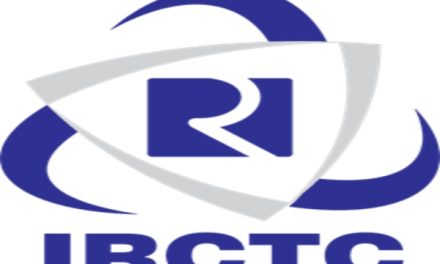The Employees’ Provident Fund Organisation (EPFO) on Saturday extended the deadline for linking of Aadhaar details with the Universal Account Number (UAN) for employees in the northeast and workers of certain establishments till December 31.
This new rule was to be implemented from June 1, 2021, but later on it was extended till September 1, 2021. Now, the deadline for the Aadhaar linking of UAN has been extended till December 31, 2021, for establishments in the North East and certain other establishments.
The EPFO had made the seeding mandatory for employers to submit electronic-challan-cum receipts (ECRs) from September 1.
In a circular to regional offices on Saturday, the EPFO said 94% of members who contribute had already linked their Aadhaar with UANs. However, it found a lower percentage of the seeding in Assam, Arunachal Pradesh, Manipur, Meghalaya, Mizoram, Nagaland, and Tripura and certain industries like beedi-making, building and construction, and plantation.
The circular added, “Considering the low Aadhaar penetration in the EPFO’ administrative Zone of North East Region comprising of States of Assam, Arunachal Pradesh, Manipur, Meghalaya, Mizoram, Nagaland and Tripura, time for mandatory seeding of Aadhaar in UAN for filing ECR is extended till 31 December 2021.”
“For areas and industries/class of establishments other than above, delay in filing of ECRs for wage months of August 2021 and September 2021 only in respect of EPF members due to non-seeing of Aadhaar in UANs should not be presumed as employer’s default for levy of penal damages u/s 14B of the EPF and MP Act, 1952,” the circular added.
In the circular, the entity said that the EPFO, with prior approval from the central government, extended the deadline of the Aadhaar-UAN linking process for filing Electronic Challan cum Return (ECR). It mentioned the previous extension of the deadline to September 1, 2021. However, irrespective of this there were still challenges being faced by both employers and employees in accomplishing the task as there were corrections required in the majority of the Aadhaar card data of employees who were severely affected by the second wave of the pandemic this year.











